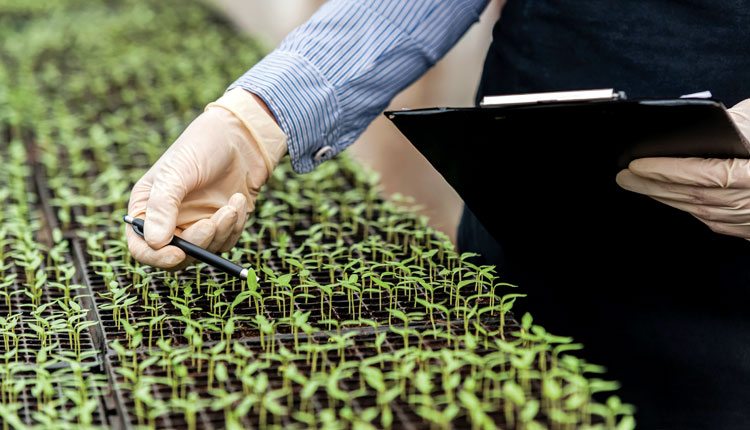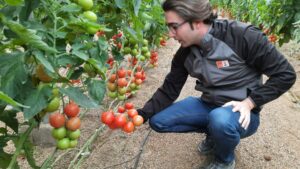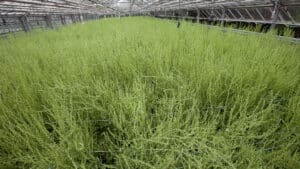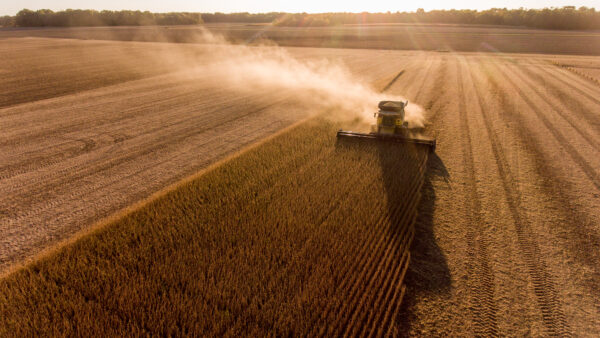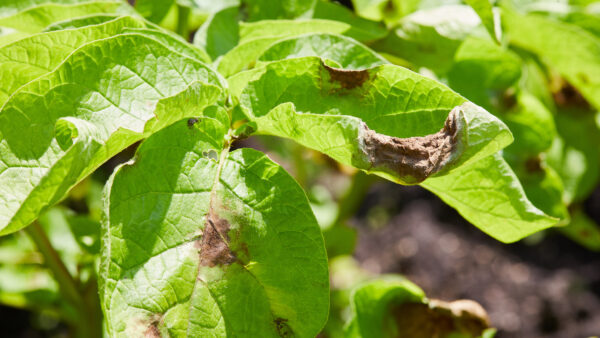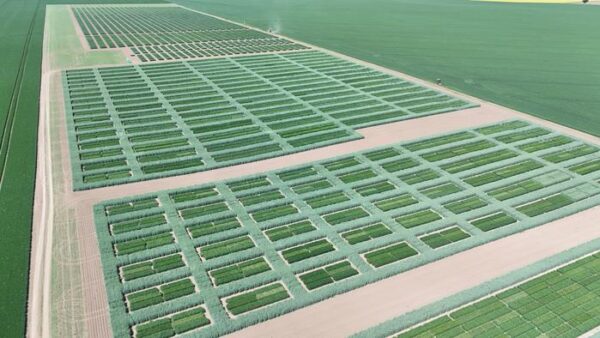Agency is seeking creative, innovative proposals in plant protection space.
The U.S. Department of Agriculture’s (USDA) Animal and Plant Health Inspection Service (APHIS) is urging stakeholders to tap into their creativity and submit innovative proposals for fiscal year (FY) 2025 Plant Protection Act Section 7721 (PPA 7721) funding. An APHIS news release stated the agency is funding projects that protect American agriculture and natural resources. Applicants may submit suggestions for Plant Pest and Disease Management and Disaster Prevention Program funding from through July 31.
The 2014 Farm Bill made the Plant Pest and Disease Management and Disaster Prevention and National Clean Plant Network programs permanent, providing $75 million annually from the Commodity Credit Corporation to support them. The programs are funded every year and do not require any congressional action to continue. At least $7.5 million of the funding will support National Clean Plant Network projects. APHIS will set aside up to $4 million to empower Tribes, Tribal organizations, universities, and minority-affiliated organizations to protect plant health in their communities.
Last year, applications for PPA 7721 funding moved from Metastorm to a new platform called ServiceNow. To access ServiceNow, users need to get an e-Authentication account first. Once they have that, they can access the PPA 7721 application page by clicking on ServiceNow. The release said that APHIS will offer virtual training webinars on how to use ServiceNow in the coming weeks.
Under the PPA 7721’s Plant Pest and Disease Management and Disaster Prevention Program, APHIS protects plants from invasive insects and diseases by funding projects that strengthen pest detection, surveillance, response, and related activities. Climate change has increased the level of plant pest infestations and disease infections, allowed plant pests to produce more generations each year, and made more habitats suitable for plant pests. Therefore, innovative solutions are critical to addressing the expanding number of pests and diseases.
APHIS worked with other governmental and non-governmental stakeholders, industry organizations, the National Plant Board, State departments of agriculture, and Tribal organizations to develop the FY 2025 Implementation Plan. The plan outlines six strategic goal areas for funding projects:
- enhancing plant pest/disease analysis and survey;
- targeting domestic inspection activities at vulnerable points in the safeguarding continuum;
- enhancing and strengthening pest identification and technology;
- safeguarding nursery production;
- conducting targeted outreach and education; and
- enhancing mitigation and rapid response capabilities.
Those interested in submitting funding suggestions may visit www.aphis.usda.gov/funding/ppdmdpp for resources and guidance, including the FY 2025 Implementation Plan, frequently asked questions document, templates, help session webinar schedule and more.
This year, at least $7.5 million of PPA 7721 funding will go to the National Clean Plant Network. Network plant centers protect healthy U.S. agriculture by providing clean plant propagative material free of targeted pathogens that cause economic loss. Nurseries and growers use clean planting stock to establish orchards, vineyards, groves, and other commercial plantings. National Clean Plant Network program priorities include:
- promoting the introduction, diagnosis, treatment, maintenance, and distribution of clean plant materials for commercial development;
- optimizing the implementation of new methods and best practices while increasing the awareness of the importance, availability, and use of clean plants; and
- building partnerships with research, extension, regulatory, and industry stakeholders to enhance clean plant center services and capacity.
The open period to apply for National Clean Plant Network program funding runs through Aug. 28.
Funding is available for land-grant universities, non-land-grant colleges of agriculture, state agricultural experiment stations, state and federal agencies and non-governmental organizations. Proposals focused on specialty crops have funding priority.


